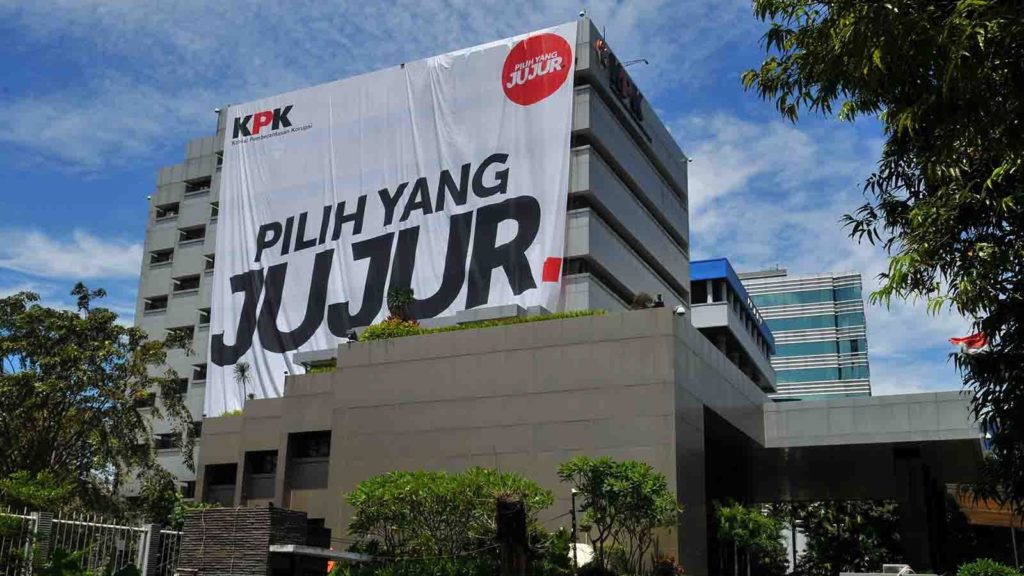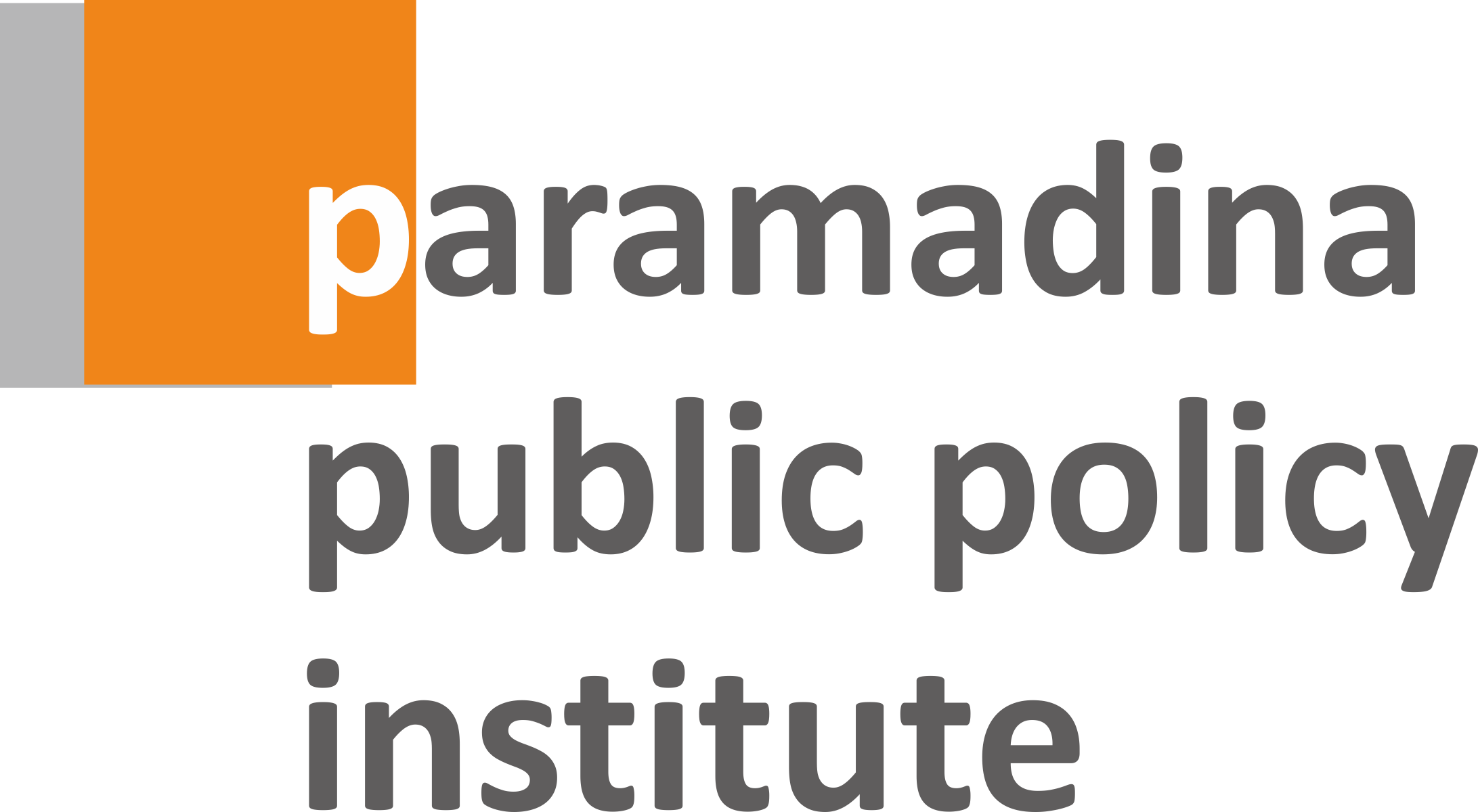
COCONUTS, May 19, 2020
Amid the torrent of news on the COVID-19 outbreak in Indonesia, recent reports on corruption are bringing the topic back to the fore with a public bewildered by apparent setbacks in the country’s tiresome battle against graft.
A recent sting operation by the Corruption Eradication Commision (KPK) resulted in the arrest of a regional parliament speaker. Yet the arrest hardly felt like a victory, as it came amid a backdrop of allegations of a partial anti-corruption policy by the KPK, spurred by the agency turning a blind eye to an earlier bribery case involving a national election commissioner and a ruling party member.
Then came the early release of a prominent party leader — a member of the ruling coalition, charged with bribery — which disillusioned the public. Without an apology, his jubilant party claimed that his release was a Ramadan blessing.
And, recently, in a video podcast, a legendary badminton player-turned-ministerial staff shared an explosive, if expected, fact on corruption related to sports management in Indonesia. He confided that corruption is deeply entrenched and a collective norm in the government, including in his Youth and Sports Ministry.
Indonesia’s anti-graft trajectory
A significant milestone in Indonesia’s war on corruption was the passing of the anti-corruption law in 2002, followed by the formation of KPK. The agency developed an anti-corruption roadmap for 2011-2023, including a target to further its ambitious national integrity system, which involves instilling anti-corruption drive through political, economic, societal, and cultural fronts.
Last year, though, Indonesia’s corruption eradication saga began a new chapter as the new anti-corruption bill, which experts fear contained regulations that would weaken KPK, was signed into law despite allegedly inadequate public consultation. Massive strikes carried out by students from various universities across Indonesia mattered not in the end.
Around the same time, a controversial new administration was installed at KPK, headed by Firli Bahuri, an active police general with close links to the political elite.
The appointment led to concerns of conflicts of interest within the agency, with the public fearing that KPK may further lose its influence and independence in fighting corruption.
There could be other reasons for KPK’s perceived downfall. They include the agency’s manpower inadequacy and fluctuating relations between the agency and other law enforcement bodies, notably the National Police and the Attorney General. However, the most crucial underpinning problem could be that Indonesia’s anti-corruption agenda has lacked political will and support.
Neighboring country Singapore provides an example of how paramount the political will is for anti-corruption. The city-state has been championing anti-corruption for the last five decades led by its KPK equivalent, called the Corrupt Practices Investigation Bureau (CPIB), which works directly under the Prime Minister’s Office.
CPIB’s activities are based on an integrity system, which looks simpler than that of Indonesia’s KPK. Fundamentally, political will provides formidable assurance to the bureau’s anti-corruption undertaking.
In its trajectory, several grand corruption cases involving prominent leaders of the ruling party PAP were revealed. At that time, then-Prime Minister Lee Kuan Yew strongly backed and defended CPIB and let it proceed with the arrest and the trials.
A crucial task ahead
Indonesia’s fight against corruption had gone through a gradual, yet dynamic improvement since KPK’s inception in 2002. Arguably its most notable achievement thus far was the capture and conviction of former House speaker Setya Novanto on grand corruption charges related to the multimillion-dollar national electronic ID (e-KTP) procurement. However, question marks have been raised as to whether or not the legal system has been compromised in this case, with reports of Novanto using his immense influence to gain favors in incarceration (and out of it).
As the leading anti-corruption agency, KPK now arguably has a weaker grip on demoralizing corrupt behavior. Moreover, it has gradually degraded what it stands for, from aiming to create a non-corrupt political climate to making headline-friendly sting operations a priority.
The lack of preeminent political backup is, again, the central reason for this downturn. Without such support, KPK will always be on its own when the corrupt fights back, in which the agency will most likely end up on the losing side.
Powerful sacrifice
Political will should be reflected by the willingness of top political elites to sacrifice their political privilege and the immense fortune that may bring. Their commitment to uphold anti-corruption values, especially in the face of their cronies, is paramount. Otherwise, any anti-corruption legislation, however strong the stipulations, will practically be ineffective.
In the quest for this political will, challenges, of course, are present. First, political compromises are going to be non-negligible. Close communication and negotiation between KPK and the political elites, which in Indonesia’s case are prominent party leaders, should be subsequently established. This is imperative to form a grand commitment among powerful figures to anti-corruption practices.
Leading influential figures like ruling party PDI-P Chairwoman Megawati, former Democratic Party Chairman Susilo Bambang Yudhoyono, NasDem Party Chairman Surya Paloh and prominent Golkar politician Jusuf Kalla should, first and foremost, share the same commitment to free this nation from corruption.
Failure for them to do so would lead to anti-corruption measures being downplayed as a political gimmick. The public can even grow apathetic if, at the end, court rulings can be bent to the will of certain powerful interests.
Further, those figures and other leaders from relevant agencies, including KPK, the police, the military, and the Attorney General, should determine a common goal as to why corruption must perish. Singapore’s strong measures against corruption, for example, are touted as a means to attract investment.
For Indonesia, there may have yet to be a public consensus on this anti-corruption cause. A potential economic recession and job losses from COVID-19 could be a spark to boost Indonesia’s anti-corruption drive.
That said, while studies show that weak anti-corruption drives away economic growth and investments, certain leading figures in the administration believe instead that loosening up anti-corruption policies is necessary for a better national economic performance.
This goes to show that it is a crucial task for all anti-corruption stakeholders in Indonesia, including the political, business, and civil society elites and representatives, to continue encouraging public discourse on why Indonesia needs an anti-corruption agenda.
Other countries’ best practices in fighting corruption could indeed be an inspiration for Indonesia, and that only those who fight corruption successfully will prosper, and never otherwise. However, this country must find its own contextually sustainable way to set and implement its anti-corruption agenda. (*)
This opinion article has first appeared on Coconuts.co
